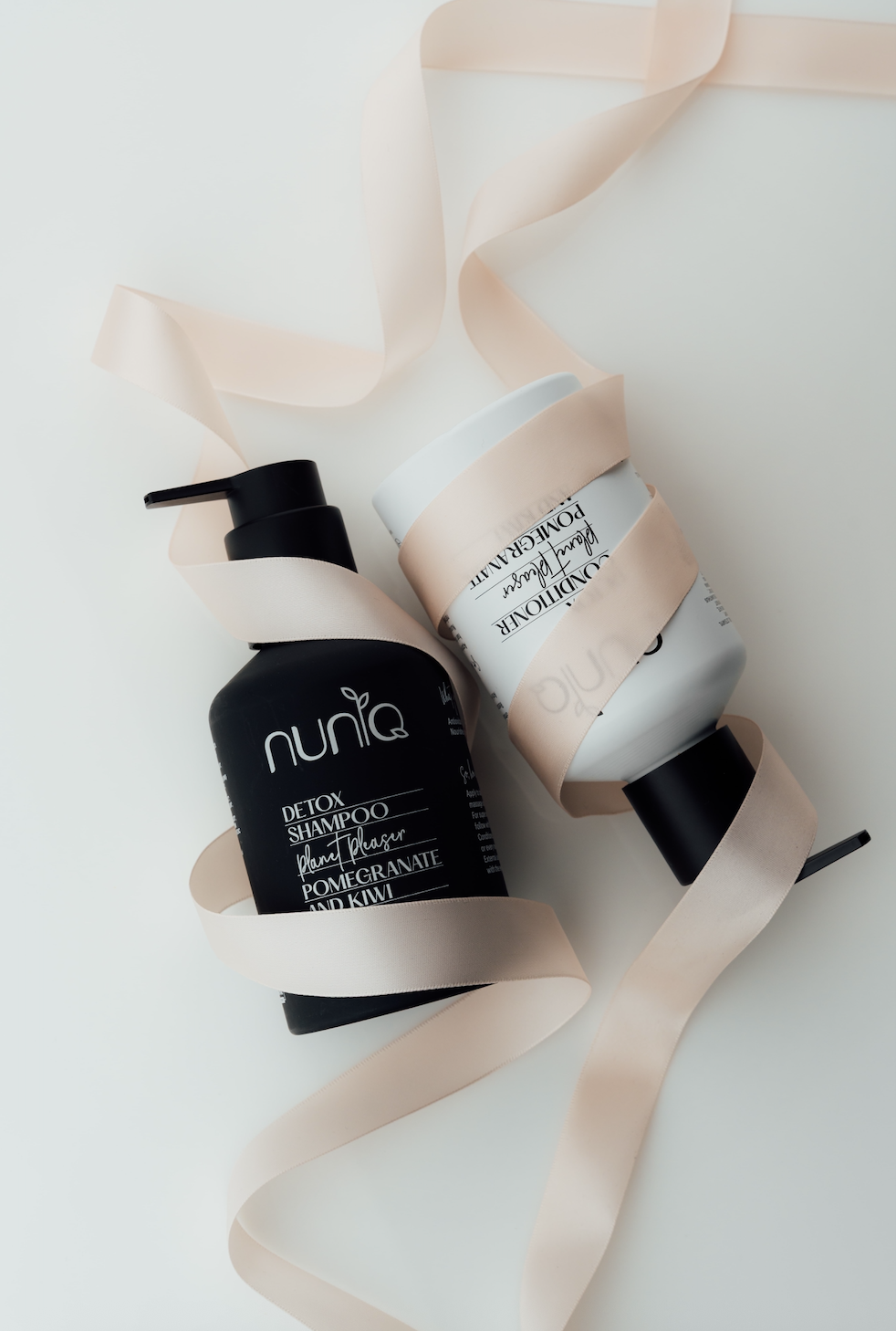If you’ve scanned a shampoo bottle recently, chances are you’ve come across Yuka — the app that gives your beauty products (and groceries) a health score in seconds. Its rise has been massive: tens of millions of users, and a real influence on what goes into shopping baskets across Europe and beyond.
But is it fair? Is it accurate? Can you trust it?
Let’s dive in.
First things first: we use it too. A lot.
At Nuniq, we’re no strangers to ingredient lists. We live and breathe INCI — and still, Yuka is often the first thing we use when screening a formula. It’s fast, practical, and incredibly helpful at a glance.
Of course, we don’t stop there — but it’s a great start. It flags ingredients we avoid (many of which are on our Blacklist), and gives us a quick overview of where a product might stand. It's a smart tool for formulation, and honestly, we’re grateful for it.
How does Yuka rate cosmetics, exactly?
Yuka evaluates cosmetic products based on the potential health risks of each ingredient. It classifies ingredients as:
-
No risk (green)
-
Low risk (yellow)
-
Moderate risk (orange)
-
High risk (red)
The overall product score is then influenced by the number of high-risk ingredients, their concentration, and the available scientific data behind each one. If a formula contains a red-flag ingredient (even in small quantity), it might pull the total score down significantly.
So what gets flagged?
Some common examples:
-
Allergens like linalool or limonene (naturally found in essential oils). They’re harmless for most, but can trigger reactions in sensitive skin — so they get flagged even when used in tiny amounts.
-
Preservatives like phenoxyethanol — allowed and widely used, but marked in orange or red due to potential irritation concerns.
-
Silicones, PEGs, or endocrine disruptors — flagged for environmental or long-term safety concerns, depending on the type.
-
Fragrance (“parfum”) — if listed without further clarification, it's scored cautiously due to its potential to mask unknown allergens or irritants.
Does that mean all products with flagged ingredients are “bad”? Not at all. But it does mean you should know what you’re putting on your skin — and decide based on your needs and sensitivities.
But like any tool, it requires… criterio.
Here’s where things get interesting. Over the years, we’ve encountered both sides of the Yuka story.
There are the Yuka fans — people who congratulate us for our scores (yes, most of our products are rated “Excellent” — some even get 100/100, which is hard, by the way). They appreciate how hard it is to formulate clean, high-performing products without resorting to shortcuts.
But then there’s the other side: people who don’t trust the app, and treat any reference to Yuka as “non-scientific” or misleading. When we ask what they find problematic, the answer is usually the same:
“It’s not fair to brands with bad scores. Those products can still be very good.”
And you know what? That’s true. But let’s ask — who’s saying that?
Usually, it’s not customers. It’s brands, manufacturers, or retailers who happen to carry products that don’t perform well on the app. And honestly? We understand them. It must be frustrating.
But here’s the thing…
Information isn’t the enemy.
At Nuniq, we believe consumers have the right to know what they’re putting on their skin and hair. Yuka might not be perfect — it has limitations, just like every tool — but it’s a step in the right direction.
Yes, some ingredients may trigger “bad” scores even if they’re harmless to you (allergens are a good example). And no, the context — dose, source, combination — is not always considered in depth. That’s why it’s important to know how to use the app, not just trust the number blindly.
But reducing it to “unfair” or “unscientific” is missing the point. Yuka is not about punishing brands — it’s about empowering consumers. Giving people a starting point to ask better questions, read their labels, and make conscious choices.
And that’s something we will always stand behind.
Final thought? Power to the people.
In a world where ingredient lists can be 30+ lines long and full of chemistry jargon, any tool that makes it easier to understand what you’re buying should be welcomed. Yuka isn’t a perfect judge, but it’s a pretty helpful one — if you know how to use it.
We’ll continue working hard to achieve great scores, because that means our formulas are clean, gentle, and transparent. But more importantly, we’ll keep advocating for more information, not less.
Consumers deserve that.






